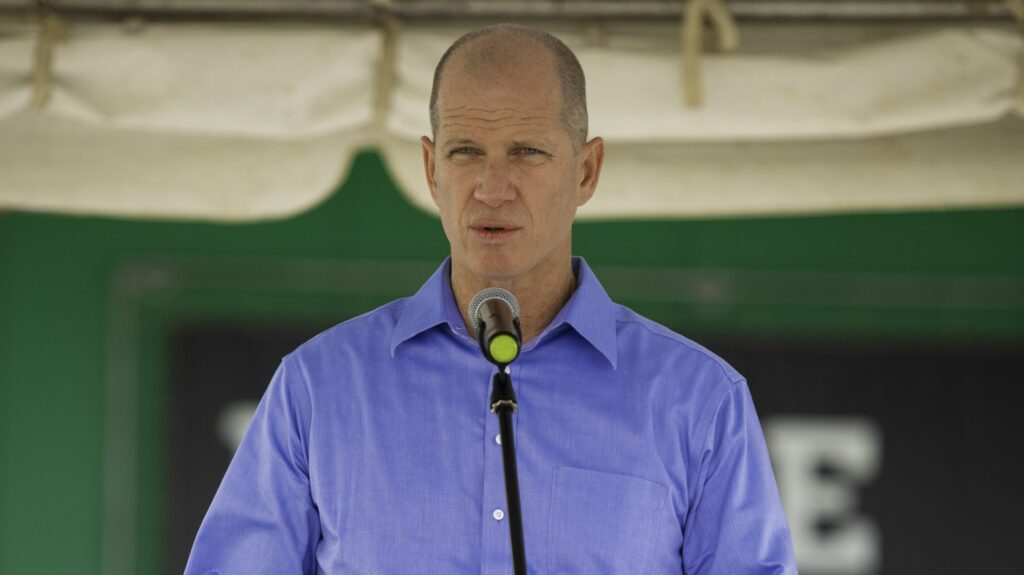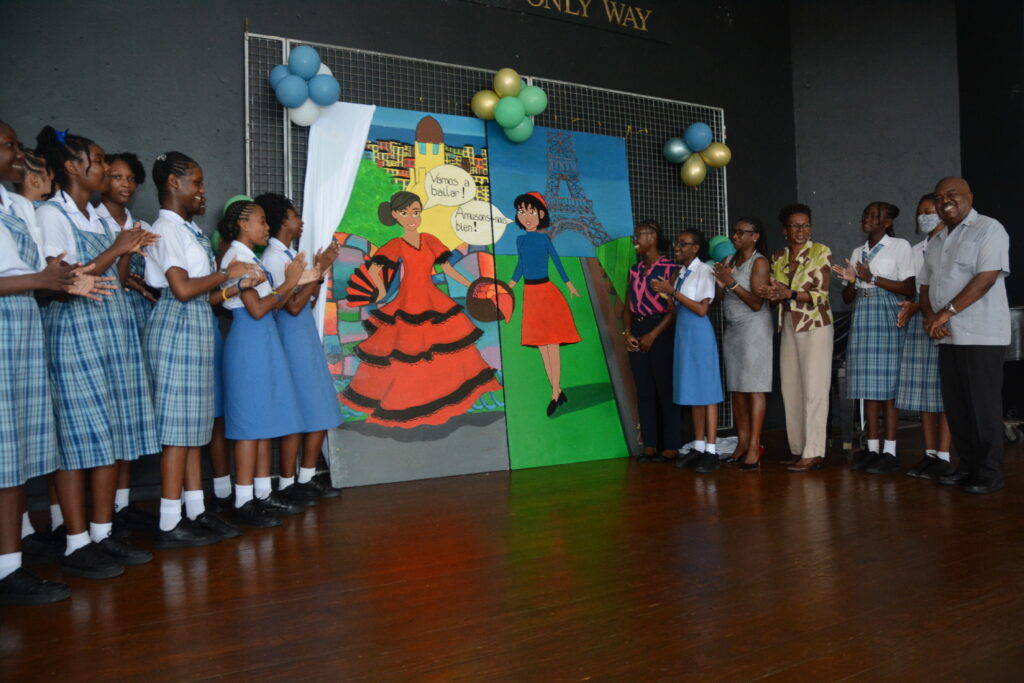A senior economist at the Food and Agriculture Organisation (FAO) has urged more inclusive policies to address the disproportionate impact of climate change on vulnerable groups.
Nicholas Sitko made the call on Friday at the launch of one of the FAO’s latest climate initiatives, The Unjust Climate Report, which measures the effect of climate change on the rural poor, women, youth and the elderly.
The report shows how climate change affects people differently, especially those in remote areas. It is based on over 109 000 households in 24 countries within five regions of the world and 70 years of geo-referenced rainfall and temperature data.
“The Unjust Climate Report is the accumulation of an effort of about ten of us working over the last two years,” said Sitko, who leads the Socio-Economic Research and Analysis Team in the FAO’s Rural Transformation and Gender Equality Division.
The research combined socioeconomic data from 24 low- and middle-income countries with geospatial climate data to assess the impact of extreme weather events on different demographic groups.
“By combining those two things, we’re able to look at how different types of extreme weather events and long-run changes in temperatures are differentially affecting people who are living in poverty versus those who are not, men compared to women and people in different age groups,” Sitko noted.
He told reporters that the research highlighted the magnitude of the differences experienced when a climate event occurs.
“It is the poor…women [and] older rural populations who bear the brunt. Older rural populations tend to have less capacity to acquire off-farm income [to] migrate away from those places. They’re more stuck to the land and I think that’s something that’s very relevant to this region where you have very much an ageing rural population,” he said, adding that the average age of farmers in the region is approaching 60 years old and as temperatures rise, those populations are affected more.
The report reveals that the economic losses from climate events often exceed the financial aid provided.
“People are losing more than they’re getting back and that means in the long run, poverty will tend to deepen as a result of these events without adequate funding,” Sitko noted.
“It’s not just that people need more resources, but there are discriminatory norms that may make people more vulnerable than others and so we need to also think how we address and change those in order to allow people to adapt better to these climate changes,” the economic analyst added.
Addressing regional policies, Sitko acknowledged some progress but stressed the need for further development: “What we’re operating now under are policies that were developed about five years ago, and we’re in the process now of developing new ones and with a focus on the environmental side,” he said.
The post Climate expert urges policies to protect vulnerable appeared first on Barbados Today.


